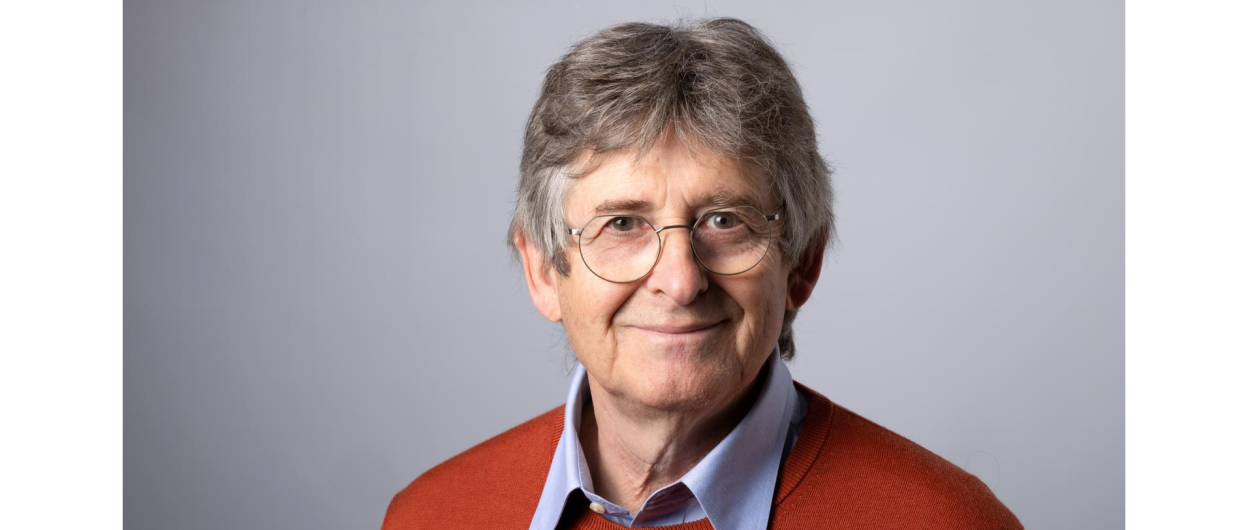Michel Koenig receives the Alfvén 2025 award

Michel Koenig specializes in the controlled creation of extreme environments in the laboratory. Having joined LULI in 1988, shortly after the laboratory was founded, this physicist focuses on the field of high energy densities, i.e. in environments subject to very high pressures and temperatures. By interacting with materials, sufficiently intense laser beams can form a plasma, a fluid in which electrons have been stripped from atomic nuclei.
Very high energy density environments
Thanks to LULI's power laser installation, the most powerful in an academic laboratory in Europe, and to international collaborations, in particular with Osaka University, Michel Koenig and his colleagues have been able to conduct numerous experiments in various fields of High Energy Density.
Among these fields, laser-generated plasmas can reconstitute conditions similar to those of environments impossible to study directly “in situ”, such as the planetary interior. "Together with my colleagues, I initiated this new discipline with power lasers, in particular by investigating the behavior of high-pressure materials in terrestrial-type planets. This method has also been applied to giant and gas planets, and now even to exoplanets", explains the researcher.
From the interior of planets to inertial confinement fusion
Beyond planets, scientists can also reproduce astrophysical phenomena in the laboratory, such as the processes that occur when stars explode into supernovae. "Using scaling laws, we can then compare the results with observations. The advantage of these experiments is that they enable us to follow the evolution of these phenomena over time, while observations only provide information at a precise moment in time, and while numerical simulations also have their limits," explains Michel Koenig.
Now Director of Research Emeritus, the physicist continues his research at LULI, mainly on inertial confinement fusion, where lasers illuminate a pellet containing hydrogen isotopes (usually deuterium and tritium) to produce a fusion reaction of atomic nuclei, which releases energy. Michel Koenig is collaborating with start-up GenF on the Taranis project (a consortium between Thalès, CEA, CNRS and École polytechnique) which aims to design a nuclear reactor based on the principle of fusion by inertial confinement, initially seeking energy yields greater than one in direct attack.
About the Alfvén Prize
Named after Swedish physicist Hannes Alfvén (Nobel Prize in Physics 1970), this prize is awarded by the Plasma Physics Division of the European Physical Society (EPS). It is awarded for research that has shaped the field of plasma physics. The prize is awarded annually at the EPS conference, to be held in July 2025 in Vilnius (Lithuania).
*LULI: a joint research unit CEA, CNRS, Sorbonne Université, École polytechnique, Institut Polytechnique de Paris, 91120 Palaiseau, France
 Support l'X
Support l'X